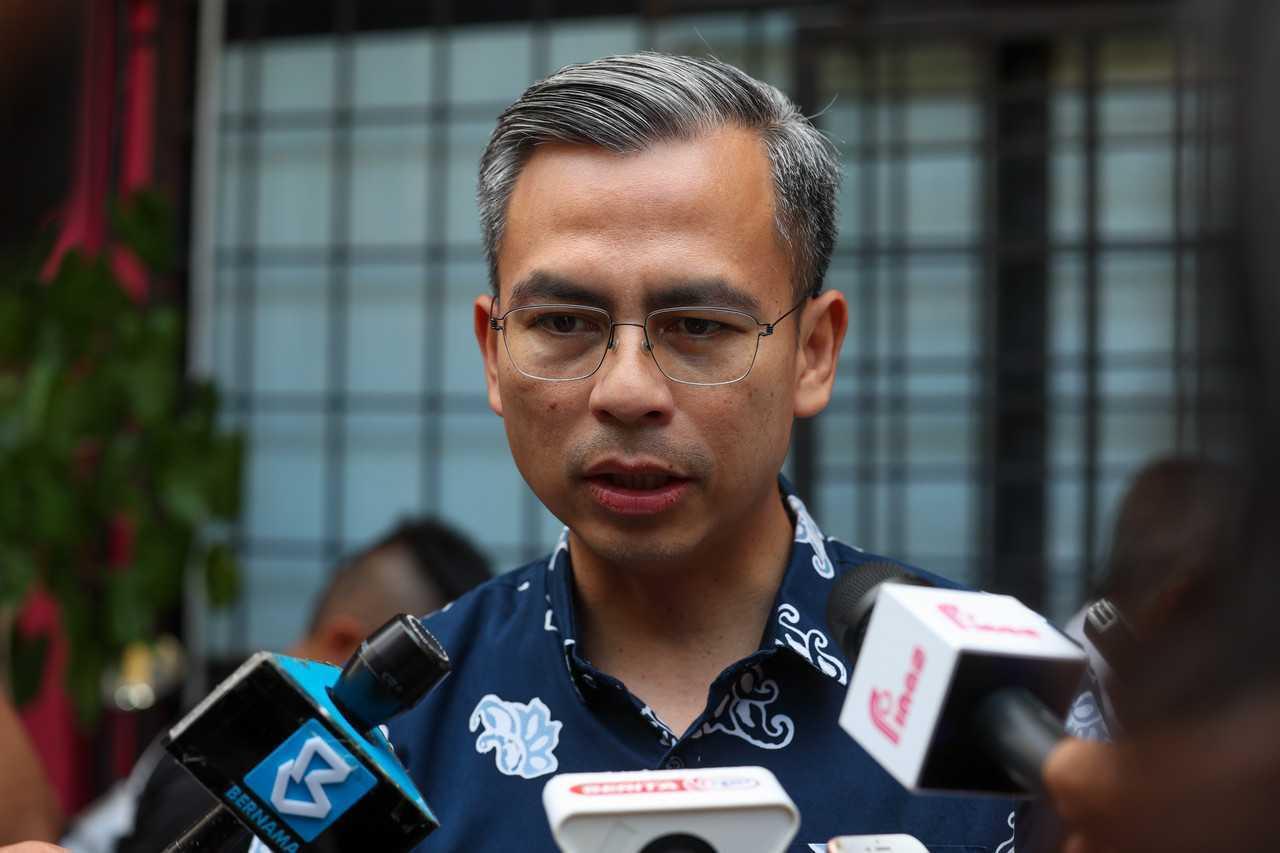Don't be hasty, experts tell Fahmi after outburst over report
A communications expert questions the minister's definition of lies in the context of media reports.
Just In
A communications expert says minister Fahmi Fadzil should think twice before wading into situations following his outburst over a news report predicting an increase in overnight policy rate (OPR).
Speaking to MalaysiaNow, Aziz Azizam said Fahmi's actions would otherwise demonstrate a lack of understanding of hypothetical situations.
Aziz, a communications analyst and lecturer at Universiti Teknologi Mara, was referring to Fahmi's response to the report by Berita Harian, which had quoted analysts as saying that Bank Negara Malaysia might raise the OPR by 25 percentage points by July.
The analysts had cited economic forecasts driven by strong domestic demand following recovery in the employment sector.
Fahmi had criticised the report, calling it a lie and saying that he would meet with the management of the Malay daily.
Aziz said Fahmi's reaction could give rise to misunderstanding among the people, especially given that he was the minister in charge of communications.
"If an analysis like this can be seen as a lie, what about other similar reports?" he said.
"Things like weather reports are predictions as well, why aren't they described as lies?"
Zin Mahmud, a former senior editor at Utusan Malaysia, said it was Berita Harian's right to publish the report, adding however that it must also be responsible for its contents.
He said the report should conform to commonly practised journalistic predictions.
"Berita Harian should still be responsible if the report can affect the country's economy," he said.
He said Fahmi had a right to reprimand the media as it was his responsibility to protect the image of the government as well as the country.
And the editors in turn had the right not to meet with him if they felt that the matter was unfounded, he added.
"It is the right of an editor to defend his report," he said.
Zin also said that reports based on views, predictions and the expectations of experts were part of journalistic norms throughout the world.
"Some things are international practices but not necessarily appropriate in the country," he added.
Subscribe to our newsletter
To be updated with all the latest news and analyses daily.
